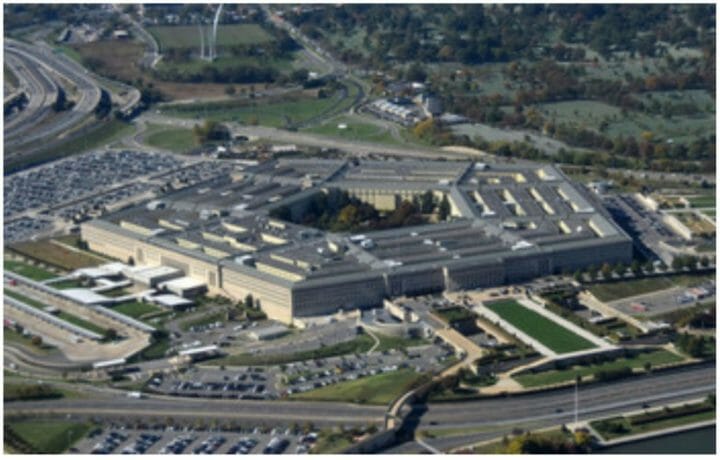The Navy plans to launch a competition later this year to develop a new ground station to control its growing fleet of unmanned aircraft.
A draft request for proposals (RFP) for the Common Control System (CCS) is scheduled for release in late August, followed by a final RFP in October or November, CCS program manager Mike Paul said.
CCS will provide command and control, mission planning, data dissemination and other applications for a wide range of unmanned aircraft, eliminating the need to have such tools for each aircraft type.
CCS will initially serve as the ground control station for the future Unmanned Carrier Launched Airborne Surveillance and Strike System (UCLASS) but will ultimately support other unmanned aircraft, such as the MQ-4C Triton, a modified Block 20 Global Hawk now under development, and the helicopter-like Fire Scout, which the Navy has deployed since 2009 and which is currently operated by the Tactical Control System. CCS also could eventually be used for unmanned land and sea systems.
One expected competitor for CCS, Lockheed Martin, participated in a recent Naval Air Systems Command (NAVAIR) demonstration in which it monitored and controlled multiple types of unmanned aerial systems (UAS) from one integrated command and control (C2) system. The company said it combined data from intelligence, surveillance and reconnaissance (ISR) sensors into one complete picture and then used that picture to rapidly re-task and re-route unmanned aircraft.
“A combined C2 and ISR capability will be essential as the Navy integrates UAS, beginning with UCLASS, into its ISR enterprise,” said Rob Weiss, executive vice president of Advanced Strike and Intelligence and Reconnaissance Systems for Lockheed Martin Aeronautics.
Several other contractors plan to bid for CCS or are considering participating in the contest in some way. Boeing said it “is planning to compete for CCS; however, due to competition sensitivities we cannot provide more information at this time.” Raytheon said it intends to compete drawing on almost two decades of experience developing ground control systems for unmanned aircraft. AAI Unmanned Aircraft Systems is “evaluating the opportunity currently,” while General Atomics Aeronautical Systems Inc. is “considering it but likely wouldn’t be the prime.”



